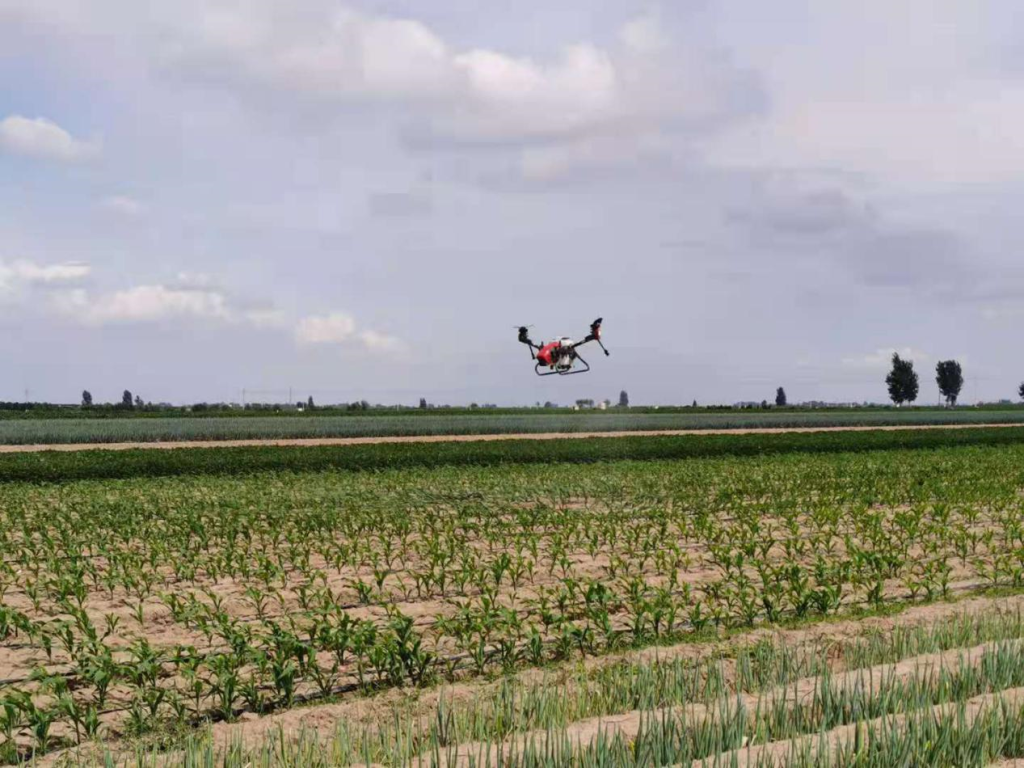Introduction: As agriculture grapples with the challenges of feeding a growing global population while preserving our environment, innovative technologies like drones have emerged as powerful tools for sustainable farming. In this article, we explore how drones are helping farmers adopt more sustainable practices.
Sustainable Pest Control: One of the key principles of sustainable agriculture is reducing the use of pesticides. Drones equipped with infrared and multispectral cameras can detect early signs of pest infestations or disease outbreaks in crops. By identifying affected areas precisely, farmers can target pesticide applications only where necessary, minimizing environmental impact.
Precision Irrigation: Water scarcity is a pressing concern for agriculture. Drones equipped with thermal cameras can assess soil moisture levels with precision. This data enables farmers to practice efficient irrigation, conserving water resources and reducing runoff.
Weed Management: Drones equipped with advanced imaging technology can distinguish between crops and weeds. This capability allows for targeted herbicide application, reducing the need for widespread chemical treatments and promoting more sustainable weed management practices.
Soil Health Assessment: Healthy soil is the foundation of sustainable farming. Drones can collect data on soil quality and compaction, helping farmers make informed decisions about crop rotation, cover cropping, and other practices that promote soil health.
Wildlife Monitoring: Preserving biodiversity and protecting wildlife habitats are vital for sustainable agriculture. Drones can be used for monitoring wildlife activity in and around farms, helping farmers coexist with nature while minimizing disturbances to ecosystems.
Regulatory Considerations: As drones become integral to modern agriculture, regulations and guidelines continue to evolve to ensure their safe and responsible use. Staying informed about these regulations is essential for farmers and drone operators.
Conclusion: Drones have rapidly become indispensable tools in sustainable agriculture. By aiding in precision pest control, efficient irrigation, weed management, soil health assessment, and wildlife monitoring, drones are contributing to a more environmentally friendly and sustainable farming future. With ongoing technological advancements and increased adoption, the potential for drones to drive sustainable agriculture forward is immense. As we conclude our series on drones in agriculture, we’ll delve into how they are transforming crop protection and monitoring.







Please sign in to comment
register